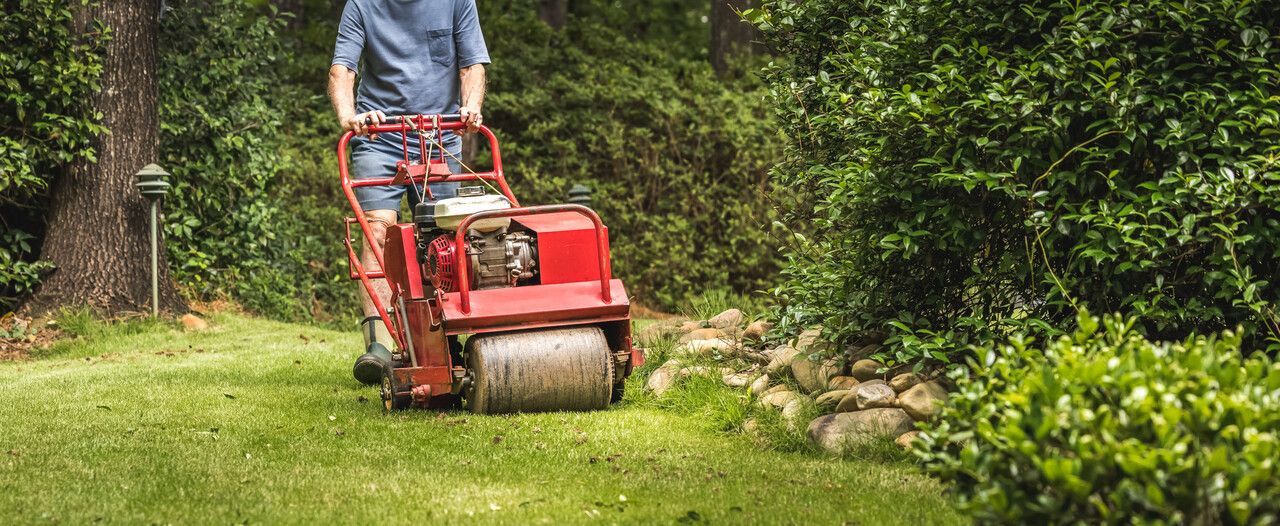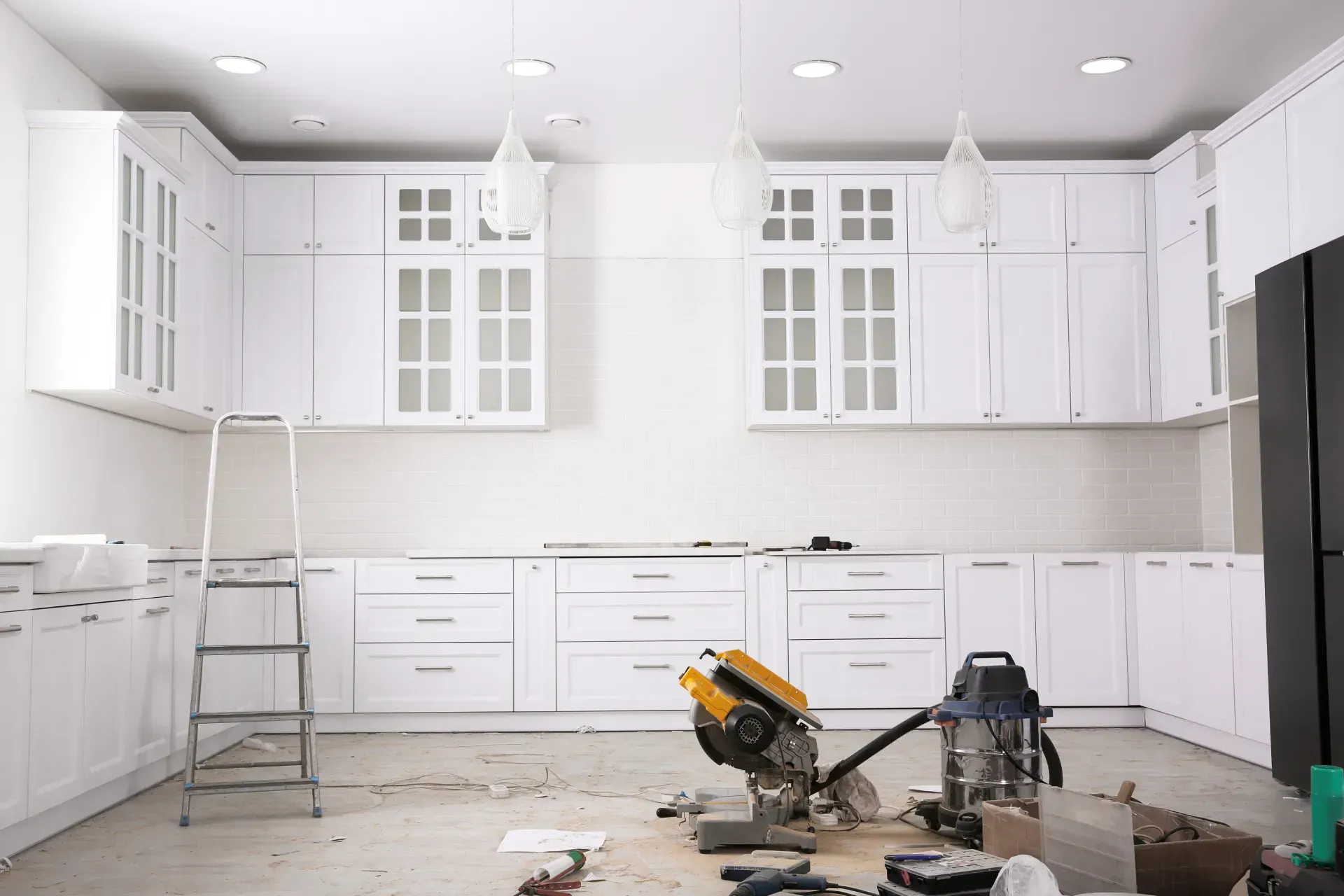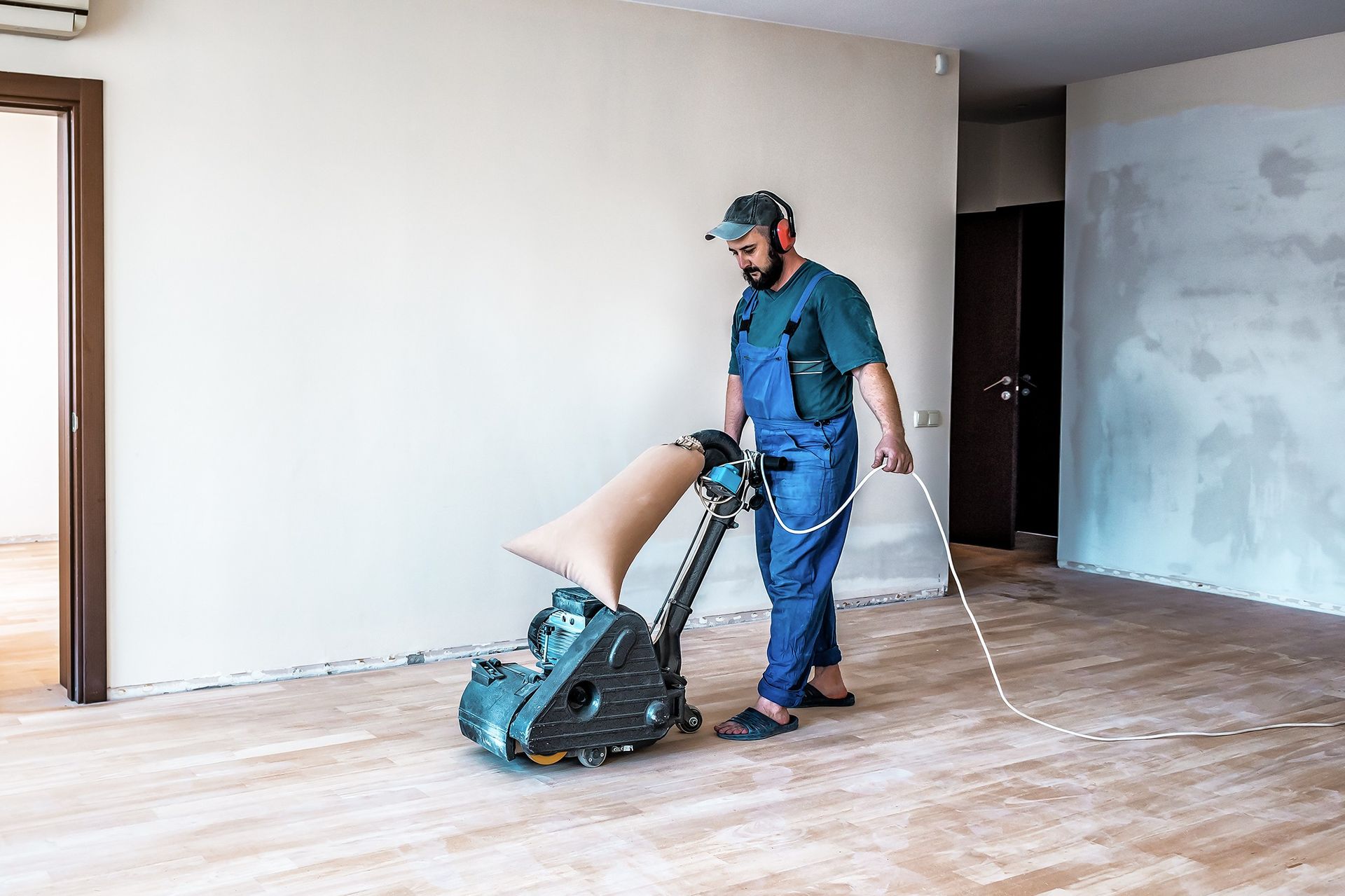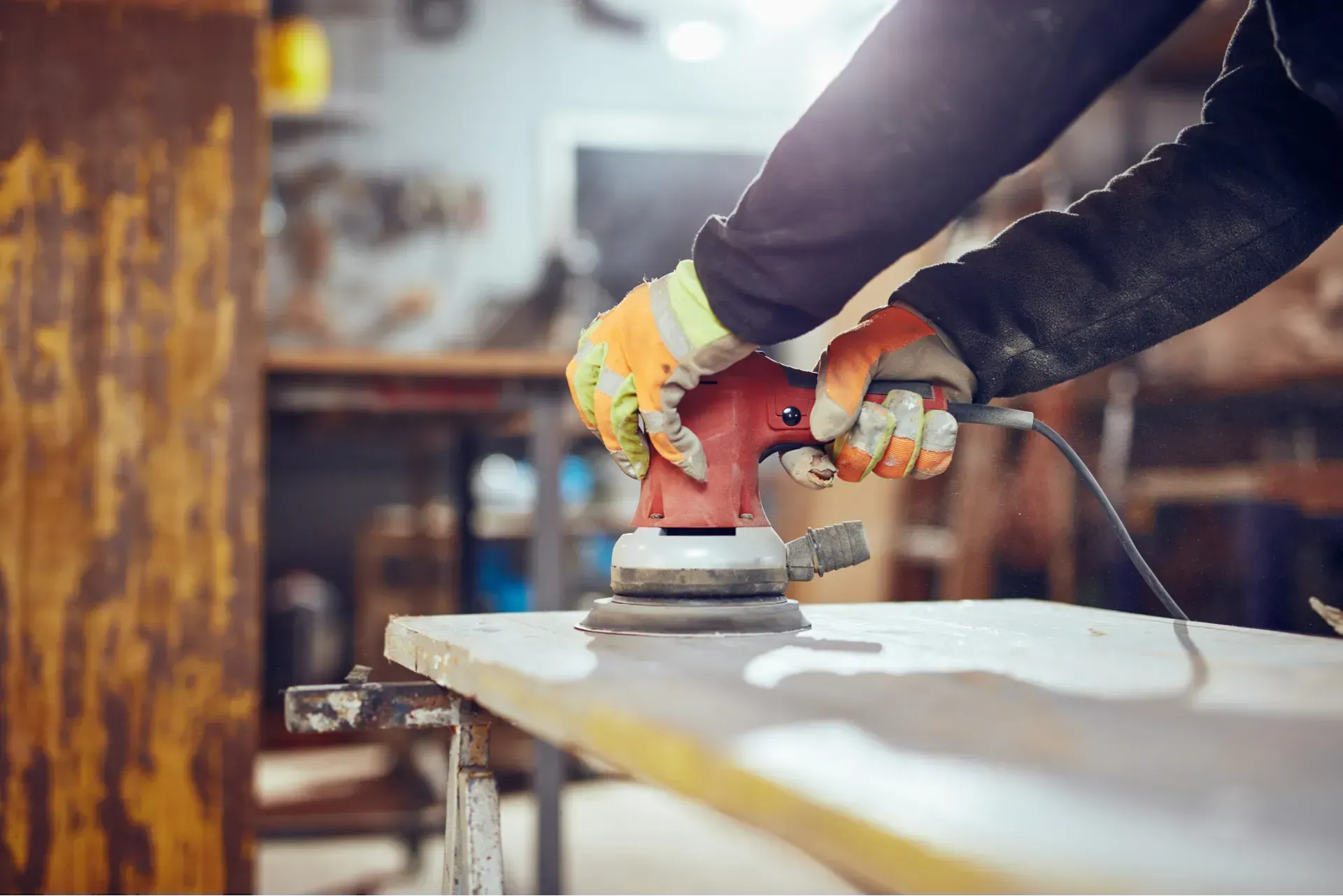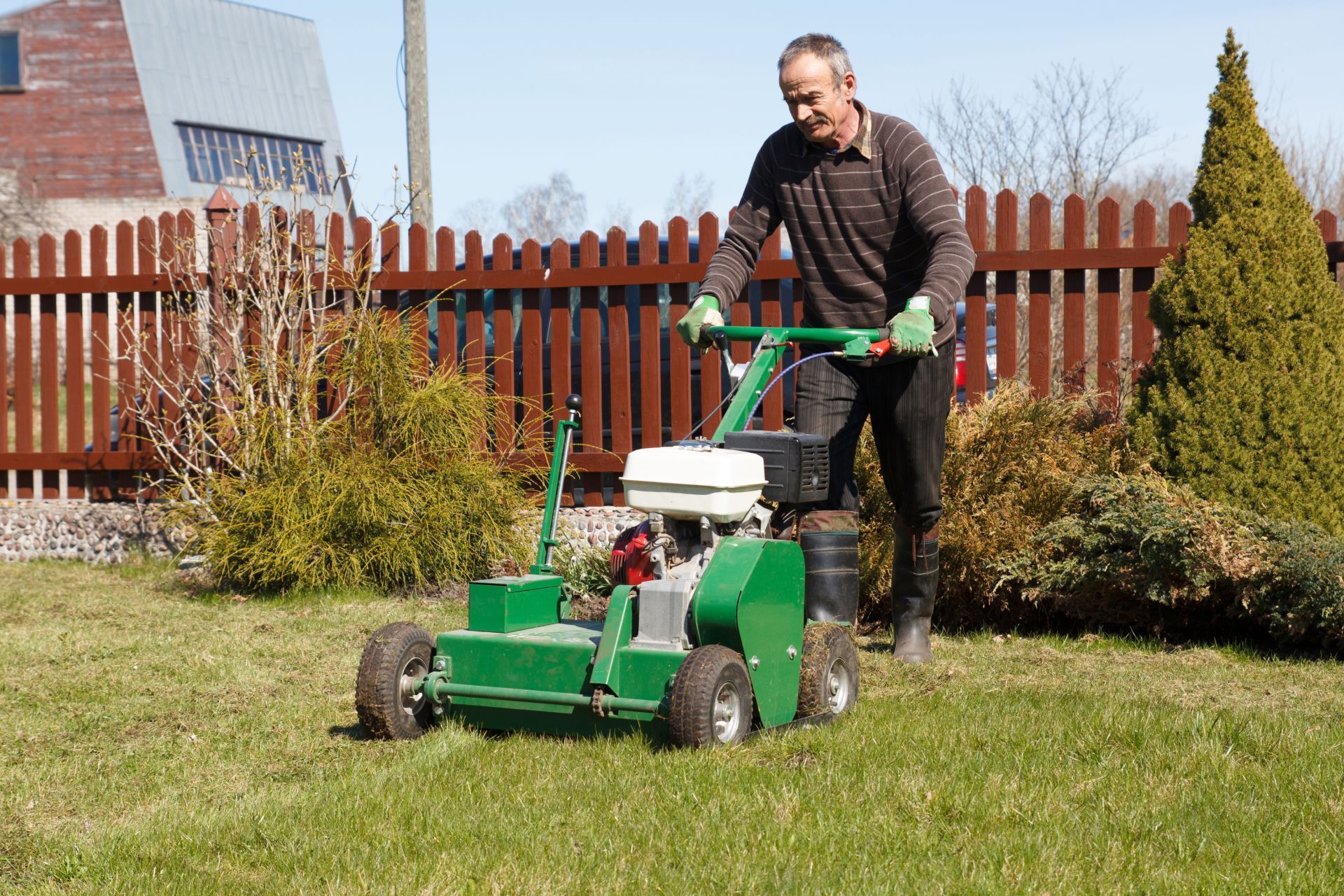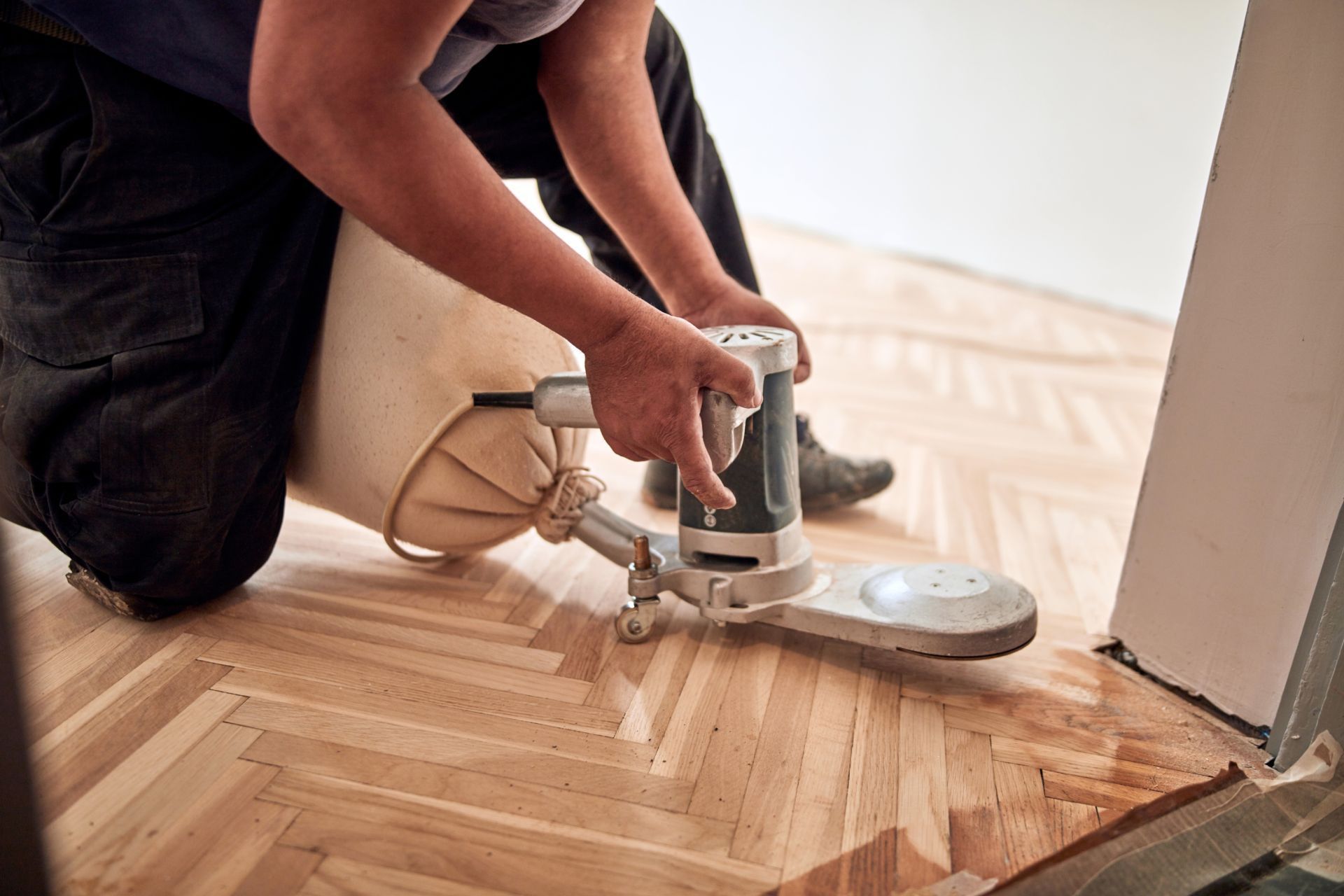Flooring Tools Checklist: Essential Equipment for Any Flooring Project
Flooring Tools List
If you're about to start a flooring project, whether it's installing hardwood, laying tiles, or any other type of flooring, having the right tools and equipment is essential. But, before diving into the list of tools, it's important to understand how crucial having the appropriate tools and equipment is for a flooring project. The right tools will not only make the job easier but also ensure that the floor is installed correctly. This means your flooring will be more durable and long-lasting, saving you money in the long run by preventing costly repairs or replacements due to poor installation.
This guide will provide you with a comprehensive flooring tools checklist to ensure that your project runs smoothly from beginning to end. We'll also explore options for flooring equipment rental, allowing you to save costs on tools that you may not use frequently. With this checklist in hand, you'll be well-equipped to tackle any flooring project with confidence and ease. Now, let's delve into the essential tools and equipment you need for the perfect flooring installation.
1. Measuring and Marking Tools
A successful flooring project begins with precise measurements and markings, ensuring that your materials fit correctly and look professional. Here are some measuring and marking tools you should include in your flooring tools checklist:
Tape Measure:
An essential tool for any project, a tape measure will help you measure the dimensions of your room, materials you're working with, and the cuts you need to make.
Carpenter's Square:
This L-shaped tool helps ensure your materials are cut at a perfect 90-degree angle.
Chalk Line:
A chalk line allows you to mark straight lines on your subfloor for precise material placement.
Pencils and Markers:
Pencils and markers for writing measurements, marking materials, and labeling items.
2. Cutting and Shaping Equipment
Cutting and shaping your flooring materials is often a vital part of the installation process. Here is the equipment you may need, depending on your flooring type:
Circular Saw or Table Saw:
These are perfect for cutting hardwood and engineered wood planks to size. Ensure you have the appropriate blade for your material to avoid damage.
Jigsaw or Oscillating Multi-Tool:
These tools allow you to make precise cuts around obstacles, such as vents, corners, and door frames.
Tile Cutter or Wet Saw:
When working with ceramic or porcelain tiles, a manual tile cutter or wet saw is ideal for precise and clean cuts.
Laminate Cutter:
Specially designed for laminate flooring, this tool provides clean and dust-free cuts without damaging the material.
Vinyl Tile Cutter:
For cutting vinyl tiles, this tool ensures precise and clean cuts without curling the material.
3. Installation Equipment
When it comes to actually putting your flooring materials in place, there are specific tools and equipment needed for each material type:
Hardwood Flooring Nailer or Stapler:
These pneumatic tools help secure hardwood planks to the subfloor. They consistently provide the correct angle and depth for nails or staples, resulting in a tight, professional finish.
Tile Trowel and Spacers:
A notched trowel allows you to evenly spread adhesive or mortar for tile installation. Spacers help maintain consistent gaps between tiles for a neat and uniform appearance.
Flooring Roller:
This heavy tool helps ensure proper adhesion between flooring materials and the subfloor, particularly in the case of vinyl or linoleum. It evenly distributes pressure, minimizing air bubbles and improving overall durability.
Knee Pads:
Installing flooring often requires hours of kneeling, making knee pads essential for comfort and safety.
4. Post-Installation Tools and Equipment
Once your flooring is installed, some final touches might be needed to complete the project:
Floor Leveler:
A floor leveling compound is crucial for smoothing out any uneven surfaces, especially when working with tile or laminate flooring.
Grout Float and Sponge:
For tile flooring, a grout float helps press grout into the joints between tiles, while a sponge cleans excess grout off the tile surface.
Transition Strips:
These finishing pieces cover gaps between different flooring types or rooms, providing a polished and seamless appearance.
Hammer, Pry Bar, and Nail Punch:
These tools are handy for removing old flooring, securing trim, and performing various other tasks during the flooring installation process.
Flooring Equipment Rental Options
As previously mentioned, purchasing all the necessary tools for your flooring project can be expensive, especially if you don't plan on using them regularly. Renting equipment from a local supplier is often a more cost-effective solution. Here are some popular flooring equipment rental options:
Flooring Nailers or Staplers:
These pneumatic tools can be rented at an affordable daily rate.
Tile Saws:
Wet tile saws are available to rent from many local tool rental suppliers.
Flooring Rollers:
As an item you may not use on a regular basis, renting a flooring roller can save money and storage space.
Floor Sanders and Buffers:
If your project involves refinishing hardwood floors, renting floor sanders and buffers can save costs and ensure you have professional-level equipment to achieve a smooth finish.
Conclusion
This flooring installation tools checklist covers essential equipment for measuring, cutting, installing, and finishing various types of flooring materials. Whether you're a flooring professional or a DIY enthusiast, having the right tools and equipment is crucial for a successful flooring project. If purchasing your own tools isn't in the cards, remember that flooring equipment rental is a cost-effective option to help you get the job done right. With the proper tools in hand, you can tackle any flooring project with confidence, resulting in a beautifully installed floor that will last for years to come.
At Atha Rental, we offer a selection of
flooring equipment rental in Monroe, GA, that can help you with your next flooring project. Whether you're a flooring professional or a DIY enthusiast, renting the necessary equipment can help you get the job done right. If you're planning a flooring project, and need the right tools and equipment, contact us today to learn more about our flooring equipment options!

